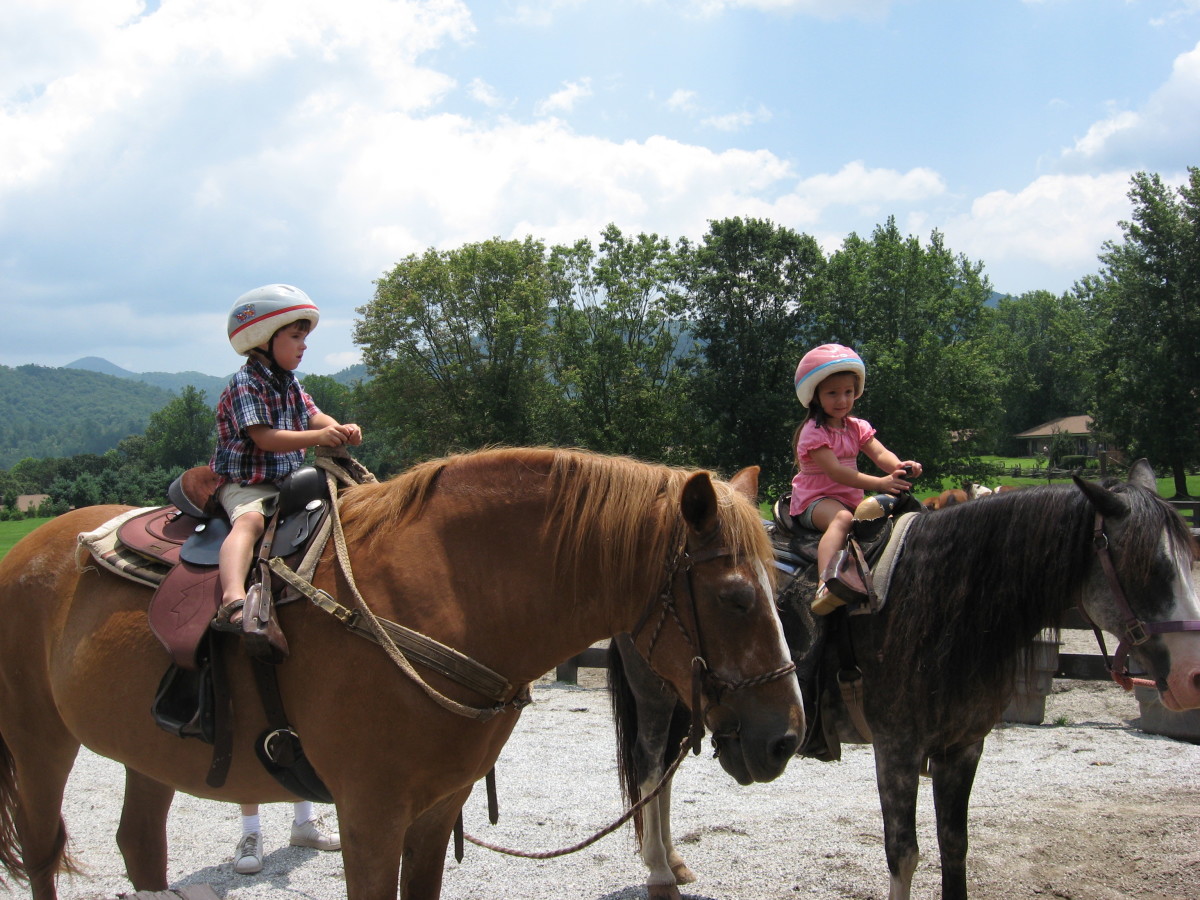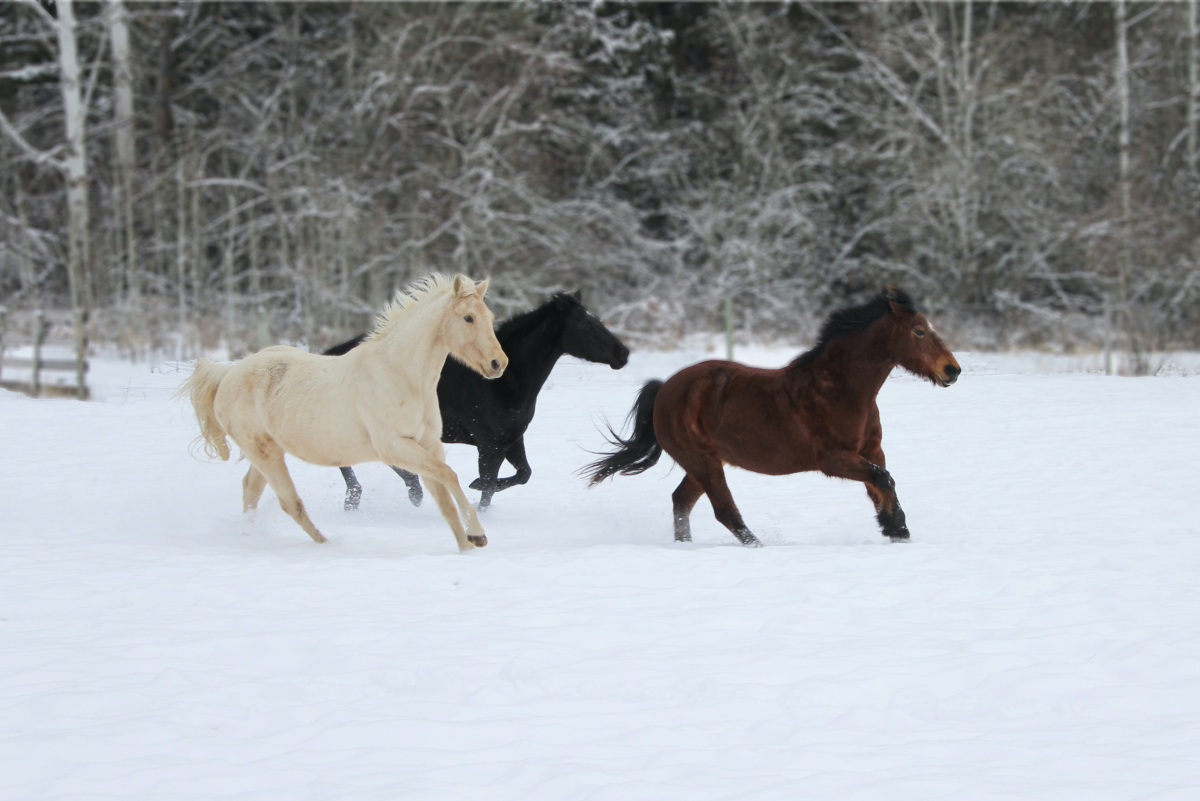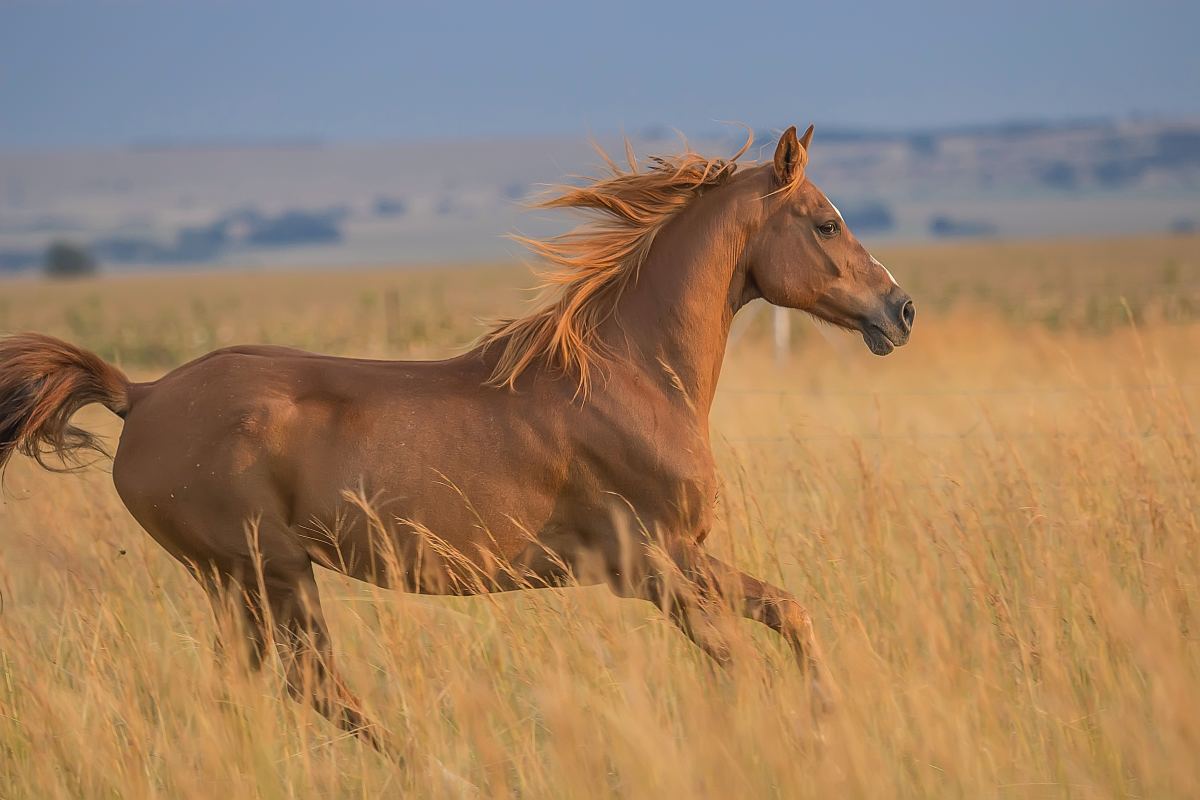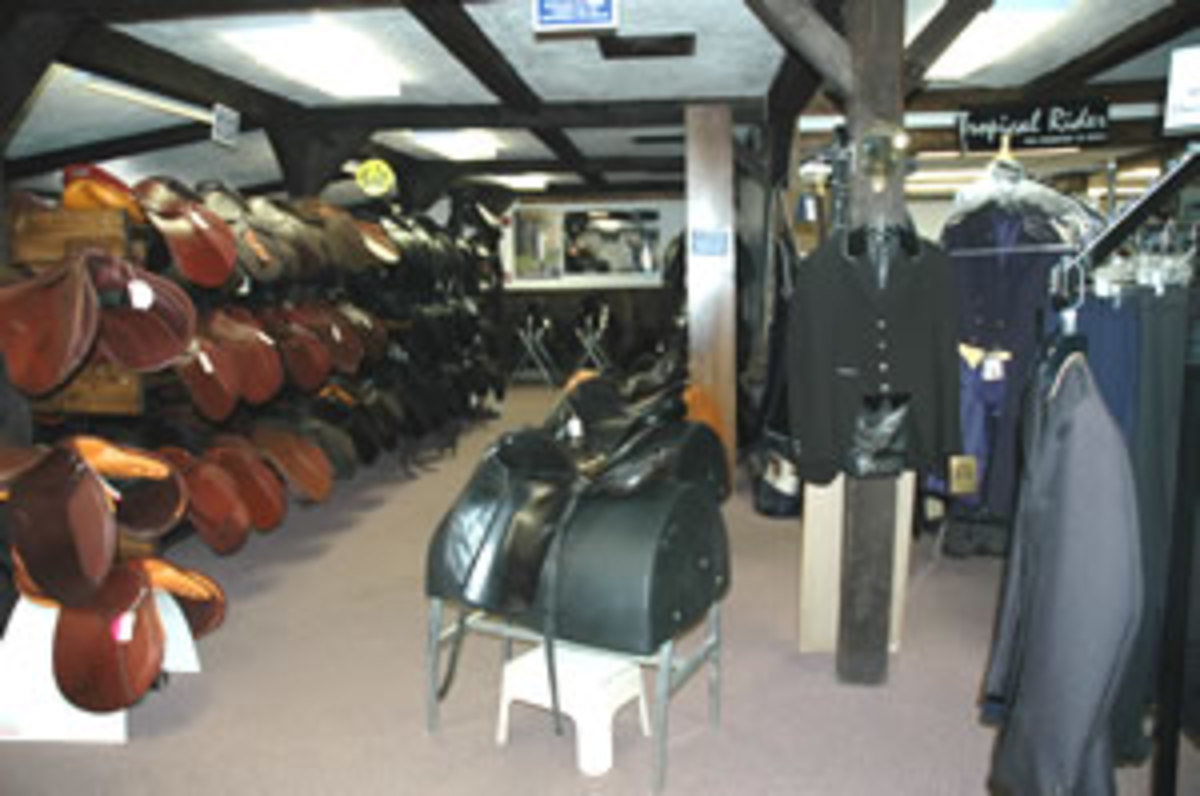What is a Hinny?
A Donkey and Horse or a Horse and a Donkey?
Most folk know that a mule is a cross between a horse and a donkey, but it is more specific than that. A mule is the offspring of a female horse, a mare, and a male donkey, a jack. Turn that formula around and cross a male horse, a stallion, with a female donkey, a jennet, and you get a hinny.
Mules and hinnies are almost always sterile because they have an odd number of chromosomes, having inherited 64 from the horse and sixty-two from the donkey, giving the mules and hinnies 63. The mules and hinnies have the reproductive organs, and the female mule or hinny, called a molly, does show estrus cycles. The male hinny or mule, a john, does produce testosterone and will show stallion-like behavior. For that reason the males should be castrated
Hinny in Training
Is There A difference Between a Hinny and a Mule?
Is there really any difference in a hinny or mule? It is somewhat debatable. They look pretty much the same, although some are said to have more horse-like qualities than the mule, meaning their heads are a little more refined, the ears not as long, and just a little prettier – but that is after all in the eye of the beholder.
The main reason we don’t hear of hinnies as much as mules is because there are fewer of them. It is harder to get the jennet to conceive than the mare. Research done by Cambridge and Cornell Universities showed only a 14.4% conception rate in 159 attempts to breed a group of 51 jennets. Other reasons for there being fewer hinnies is that there are fewer available jennets to breed, whereas a single male donkey can breed many mares.
There may be more hinnies than we know, since they are often sold as mules and not many mules or hinnies are registered. There is no way to tell other than the breeder’s word if the animal is mule or hinny.
The Book of Mules
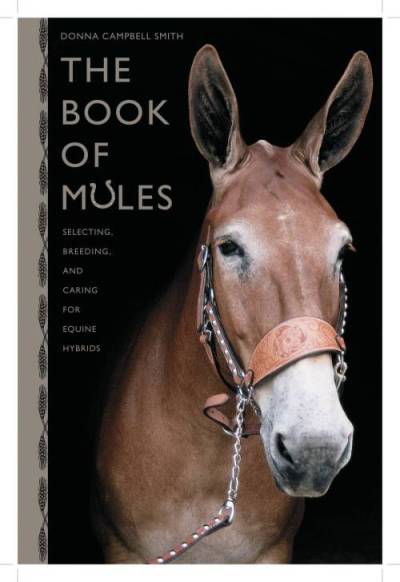
Why Raise a Hinny or a Mule?
So, why raise a hinny or a mule? Both animals are ideal examples of hybrid vigor. These long-eared equine hybrids have extraordinary stamina, are easy keepers, can take extreme temperatures better than a horse, and usually inherit the donkey parent’s surefootedness on the trail. These qualities make them perfect pack animals and are favored on the trail. Many people are showing mules and hinnies and using them on small self-sustaining farms.
Amy K. McLean has done quite a bit of research on hinnies. You can read her findings in a four-part article posted on the Long Ears website;
http://longearsmall.com/mt/articles/guestcontributor/archives/2007/08/my_favorite_mul.html
To learn more about hinnies, mules and other equine hybrids buy The Book of Mules: Selecting, Breeding, and Caring for Equine Hybrids. If you have a hinny tell us about it in the comments section below.



